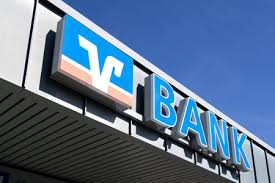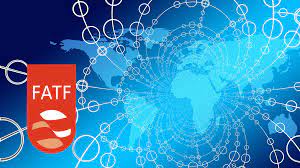
7th MaRisk Amendment: Transforming Financial Risk Management
The 7th amendment to Germany’s Minimum Requirements for Risk Management (MaRisk) represents a transformative shift in regulatory risk practices. This article examines the amendment’s key changes, focusing on the integration of ESG (Environmental, Social, Governance) risks, updated credit risk guidelines, real estate management, and enhanced model validation requirements. It also discusses the broader implications for financial institutions in adapting to these regulations and the challenges they face.
7th MaRisk Amendment: Transforming Financial Risk Management Read More








